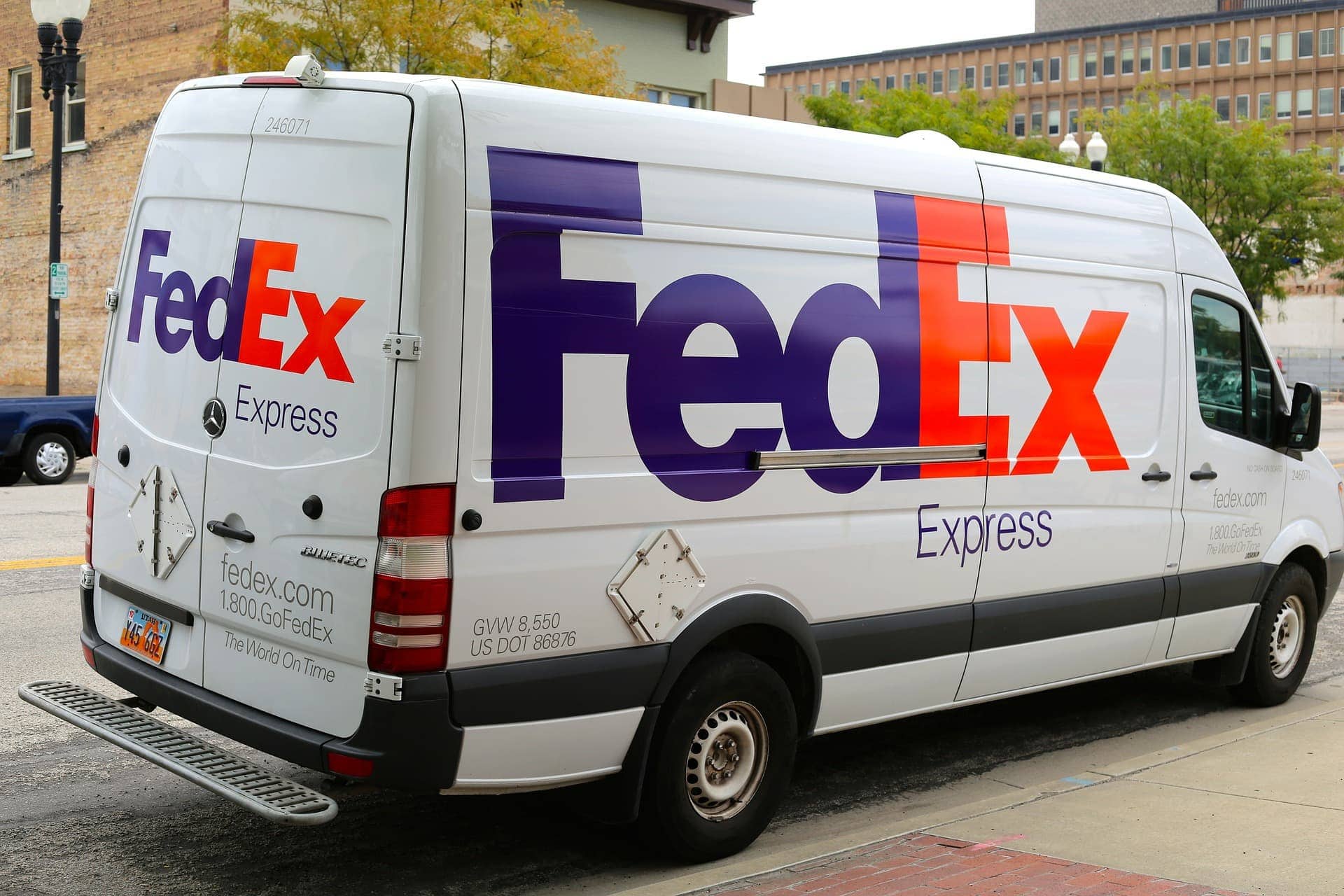Q2 earnings releases aren’t typically appointment TV, but this hasn’t been a typical three months for the second largest carrier in the United States. FedEx had two major leadership changes in the last three months with David Cunningham stepping down as the CEO of FedEx Express effective December 31, and Sean Healy abruptly stepping down from his post as the CEO of FedEx Express Europe. Combine those events with FedEx CEO Fred Smith publicly criticizing the President’s stance on global trade, and the recent announcement of a spending freeze, and you have the makings of an episode of The Desperate Carriers of Memphis.
With that context in place, there was a little extra excitement around this quarter’s report. And, as if an early Christmas present to me, it didn’t disappoint. The second quarter 2019 results were released after the markets closed on Tuesday, December 18th and included some familiar language:
- Overall revenue was up $1.5 Billion over Q2 last years (+9.2%)
- As usual, operating income grew during the quarter due to higher volumes, increased yields and a favorable net impact of fuel at all transportation segments. Which basically means they made more money because more people shipped packages this year and, thanks to the annual General Rate Increase (GRI), FedEx charged them more to do it
- FedEx will continue to invest in its network to make it more efficient and scalable as the growth of ecommerce shopping, and the higher number of residential deliveries that brings, continues to present new challenges
And then there was the exciting stuff:
- Within the release FedEx outlined a cost-reduction action plan including such items as: a voluntary buyout program for eligible employees, limited hiring in staff functions, and reductions in discretionary spending. It’s worth noting that the buyout program was attributed to improvements in IT and automation.
- Fred Smith also commented on a slowdown in the European economy, which his attributed to “bad political choices”.
In what is very likely related news, FedEx’s stock tumbled more than 9% once the market opened on December 19th to its lowest level since November 2016, and Oppenheimer and UPS both cut their price targets.















